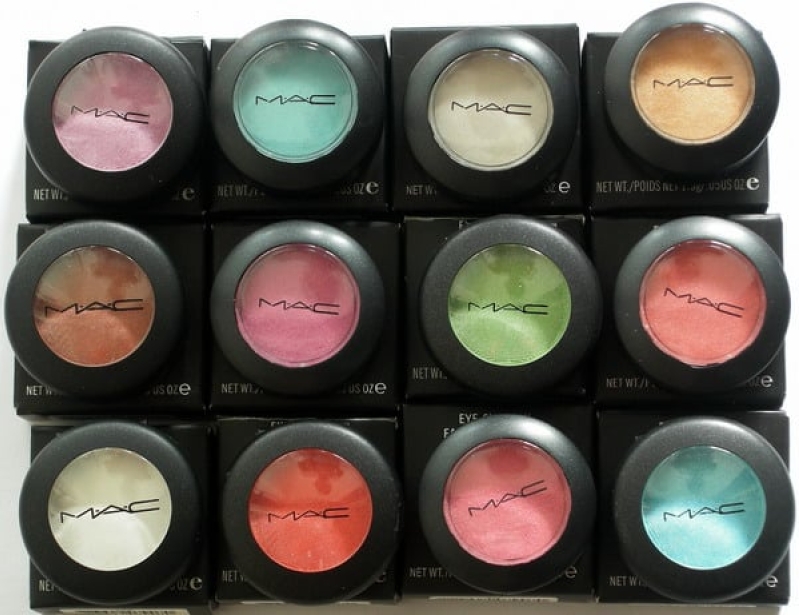
Amidst Amazon's crackdown on counterfeits posted on their site, it is but important for consumers to be well-acquainted with knowing how to spot a fake from the real thing when buying from an online shop.
It can be difficult with more sophisticated tools used by counterfeiting companies. Early this year, US consumer goods giant Procter & Gamble (P&G) filed a lawsuit against Poundstretcher, a discounts retail store based in the UK, for allegedly selling counterfeit Head & Shoulders shampoo and Ariel washing detergents. P&G admits that many counterfeiting companies have a supply chain of their own, and with their long and powerful networks, most fake products are able to enter the market under trade regulators' noses.
With millions of products to sift through online, how does one tell a fake from the real thing? Online shopping experts give their opinions:
The use of stock, blurry or unclear photos
If it's a genuine seller, most probably he/she will make an effort to take professional photos of products, or, the seller will have access to licensed photos only available to official sellers. The use of stock, blurry or unclear photos is a bad sign as this gives a hint that the seller may be trying to hide incongruities with the product being offered. While checking on tags has been a fool-proof way to check on authenticity, many counterfeits are now also equipped with professionally printed and stitched labels. Labels, then, cannot provide a full picture.
The price is too far off from the real thing
Massive annual discounts do occur such as Black Friday and Cyber Monday deals. Big discounts can also be found in outlet and coupon shops. However, when a product is being offered too cheap on a regular marketplace such as Amazon or eBay, a buyer should think twice. When fees are taken into account such as item cost, listing fees, selling fees, payment fees (i.e., PayPal asks for 4% from sellers for every commercial transaction made), and shipping costs, ask oneself if the product is able to keep up with all fees considering it is 'original'. Check on official sites and compare prices. Look for deals from official sites if they are currently being offered. If the total price does not add up, move away.
Even with millions of products sold online, it is possible to spot a fake although it requires a bit of work. Action Fraud reminds consumers that everyone should be wary of fakes and should try to avoid them at all costs, as supporting counterfeits is equivalent to "helping the trader break the law... Contributing to job losses... (And) depriving genuine manufacturers of any profit."






